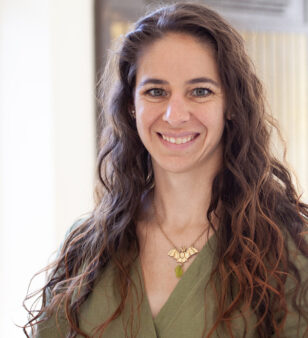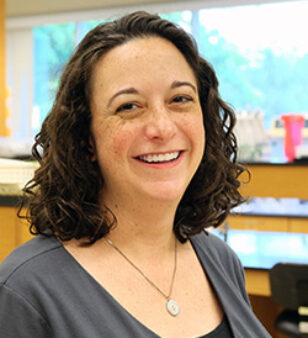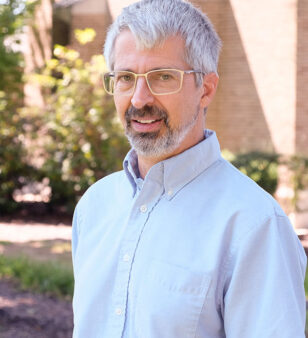Are you concerned about the environment and want to make a difference? We see you.
The Environmental Conservation major will prepare you to address environmental problems affecting species, habitats, and ecosystems.
There are many issues affecting the environment and there are many approaches to developing solutions to these problems. Cedar Crest College allows you to choose the approach that excites you the most.
The B.S. in Environmental Conservation is a field-based major that allows students to pursue scientific study in environmental conservation by providing a strong foundation and advanced study in ecology and conservation biology.
Research and Field Experiences
Environmental issues are current global issues, so environmental conservation students gain valuable field experience, locally and internationally, through field courses and study abroad experiences. Some of these are in the most threatened habitats in the world, such as the Amazon rainforest and the coral reefs of the Caribbean.
As an Environmental Conservation student, you can gain marketable experience through internships, such as our program with the Lehigh Valley Zoo, and have the opportunity to supplement your studies through affiliated programs such as the School for Field Studies and Hawk Mountain Sanctuary.
How To Apply
Applying is free and straightforward—because we believe nothing should stand in the way of your dreams!

Dive A Little Deeper
Upcoming Admissions Events
Accreditation
Cedar Crest College is accredited by the Middle States Commission on Higher Education; 1007 North Orange Street, 4th Floor, MB #166, Wilmington, DE 19801
Faculty & Staff
Who’s teaching you is as important as the curriculum you choose.
Let’s put a face to some of the names you’ll be seeing on the course listings!

Audrey Ettinger
Chair of Biological Sciences; Associate Professor







- School of Adult and Graduate Education
- sage@cedarcrest.edu
- P: 610-740-3770
- Traditional Admissions
- admissions@cedarcrest.edu
- P: 800-360-1222
- F: 610-740-3780